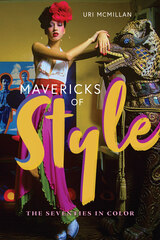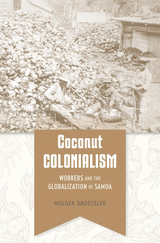
A new history of globalization and empire at the crossroads of the Pacific.
Located halfway between Hawai‘i and Australia, the islands of Samoa have long been a center of Oceanian cultural and economic exchange. Accustomed to exercising agency in trade and diplomacy, Samoans found themselves enmeshed in a new form of globalization after missionaries and traders arrived in the middle of the nineteenth century. As the great powers of Europe and America competed to bring Samoa into their orbits, Germany and the United States eventually agreed to divide the islands for their burgeoning colonial holdings.
In Coconut Colonialism, Holger Droessler examines the Samoan response through the lives of its workers. Ordinary Samoans—some on large plantations, others on their own small holdings—picked and processed coconuts and cocoa, tapped rubber trees, and built roads and ports that brought cash crops to Europe and North America. At the same time, Samoans redefined their own way of being in the world—what Droessler terms “Oceanian globality”—to challenge German and American visions of a global economy that in fact served only the needs of Western capitalism. Through cooperative farming, Samoans contested the exploitative wage-labor system introduced by colonial powers. The islanders also participated in ethnographic shows around the world, turning them into diplomatic missions and making friends with fellow colonized peoples. Samoans thereby found ways to press their own agendas and regain a degree of independence. Based on research in multiple languages and countries, Coconut Colonialism offers new insights into the global history of labor and empire at the dawn of the twentieth century.
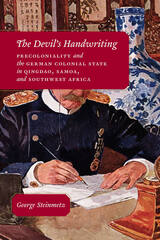
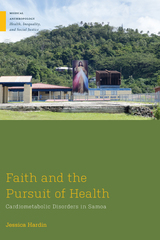

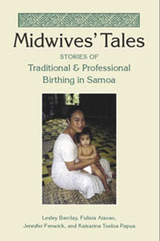
The overall picture of changing birthing practices is complex and sometimes tinged with ironies. As the introduction says, "These Samoan nurses and midwives did not immediately attempt to mediate new and old ways of birthing after the colonial leadership of their profession left. They themselves became cultural agents for change as they continued the role of 'colonizing' their own birth tradition and taught the fa'atosaga [Samoan for midwife] Western techniques, at the same time trying to provide a professional midwife for all women. Paradoxically they often chose a social midwife for their own births and supported or at least condoned the social midwives close to them. . . . Kaisarina, while working as the leading professional midwife in the country, and working almost totally in hospital practice herself, simultaneously assisted her mother-in-law with her social practice of midwifery. Vipulo's story shows how a professional midwife preferred to have her mother, a social midwife, deliver her at home."
A particular objective of the authors is to encourage a reconception of maternity care in countries where professional services are rare and not available to all women. The book challenges common assumptions, still held in many postcolonial countries, that a simple migration of Western-style, hospital-focused care is necessarily always an achievable or desirable goal. It also demonstrates the considerable progress that one group has made in rethinking and developing a model of maternity care that works within their society and culture. As these midwives' stories suggest, solutions to some of the problems caused by gaps in the kinds of resources that Westerners take for granted can be found in partnerships and cultural wisdom that already exist in Samoa and, by extension, other developing countries.
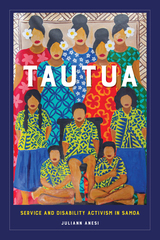
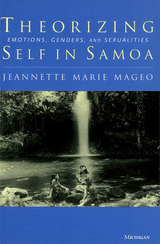
READERS
Browse our collection.
PUBLISHERS
See BiblioVault's publisher services.
STUDENT SERVICES
Files for college accessibility offices.
UChicago Accessibility Resources
home | accessibility | search | about | contact us
BiblioVault ® 2001 - 2025
The University of Chicago Press




